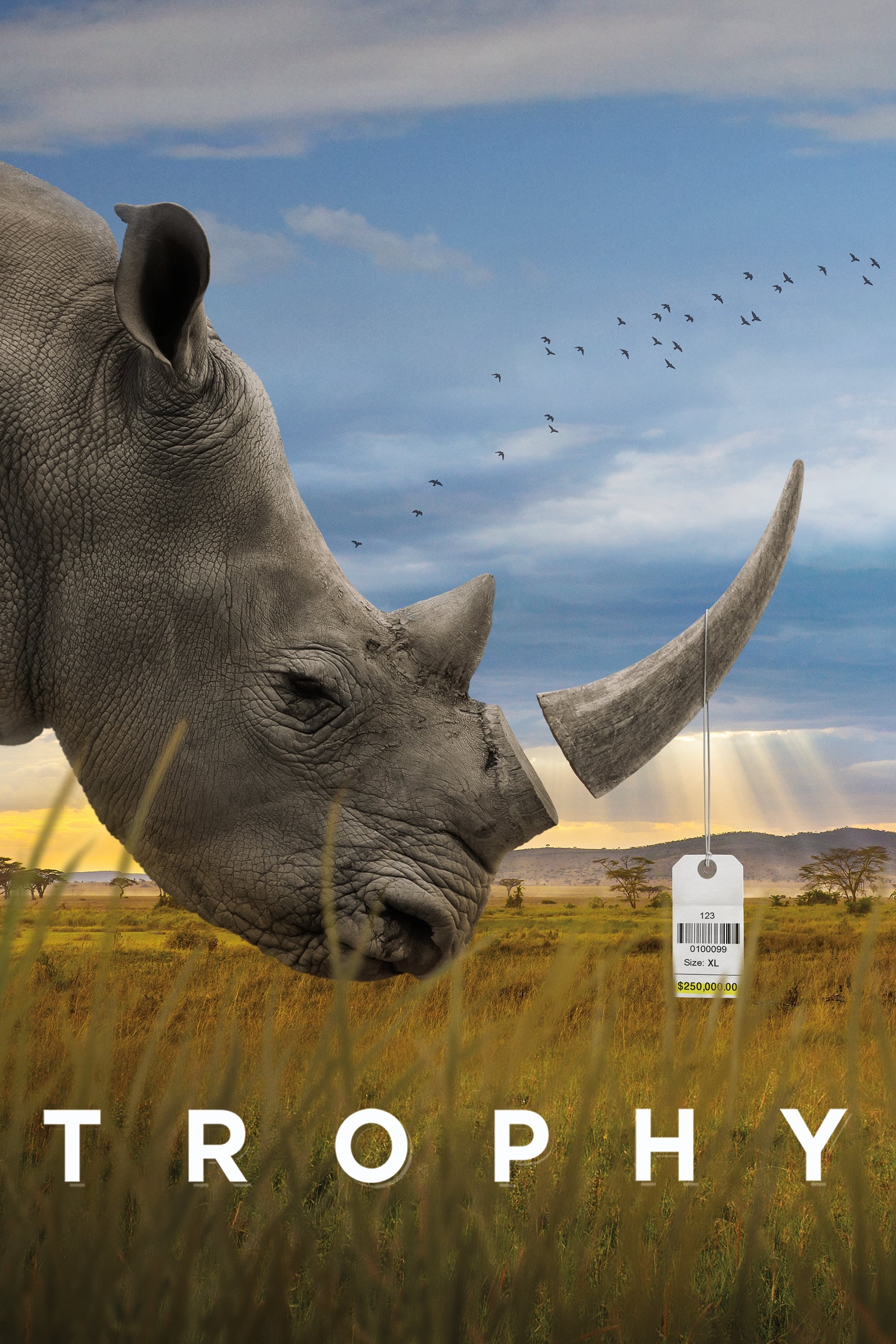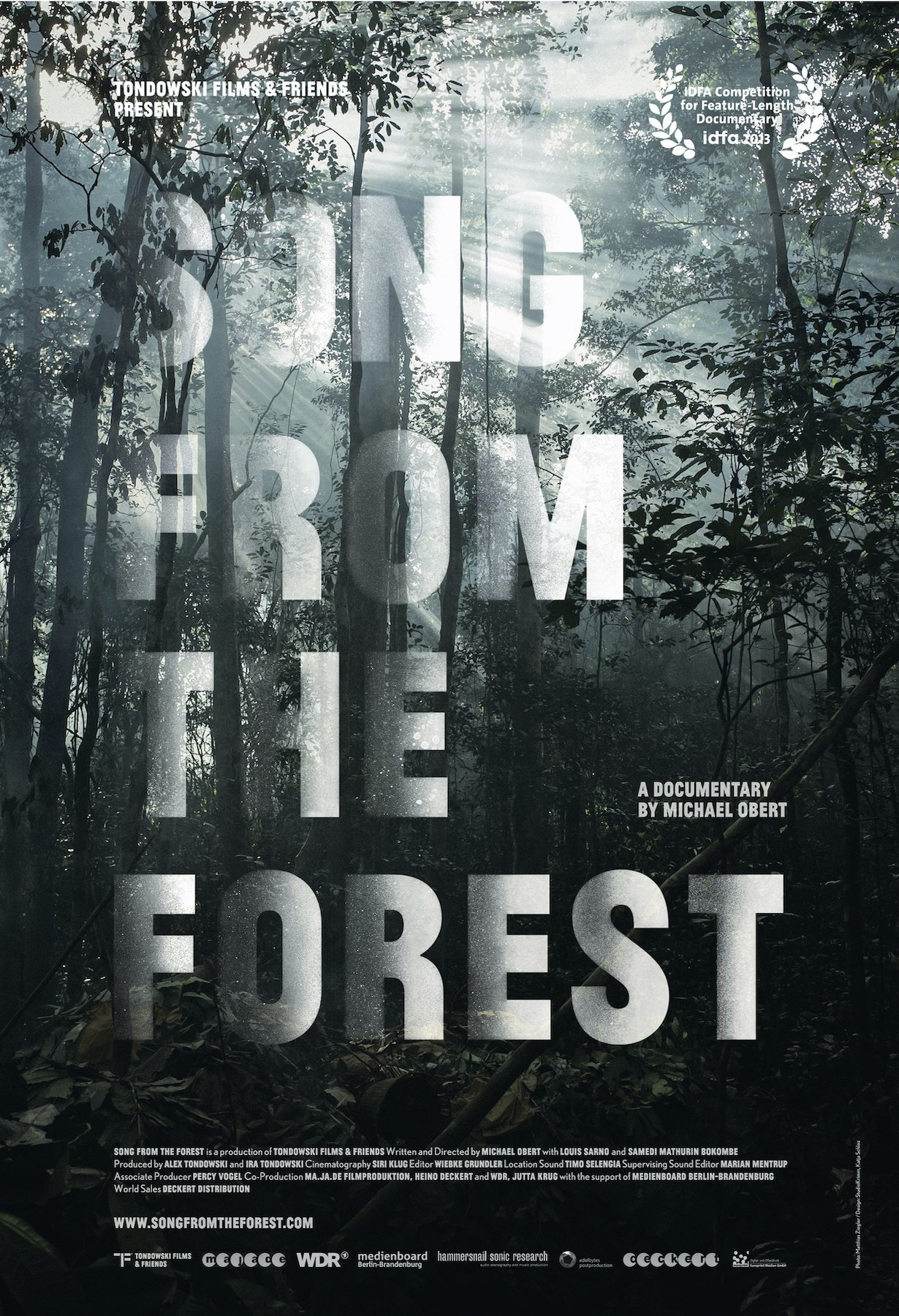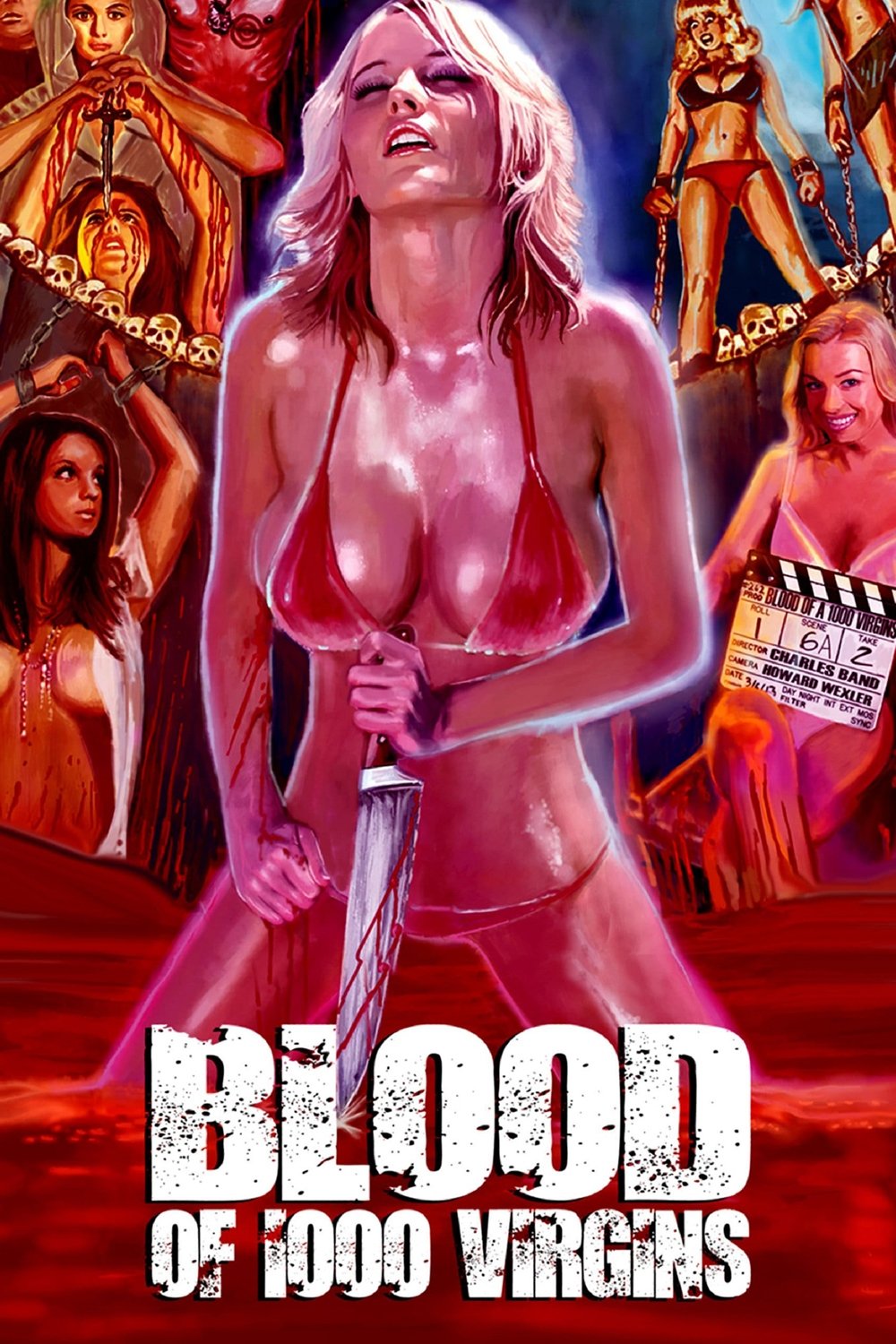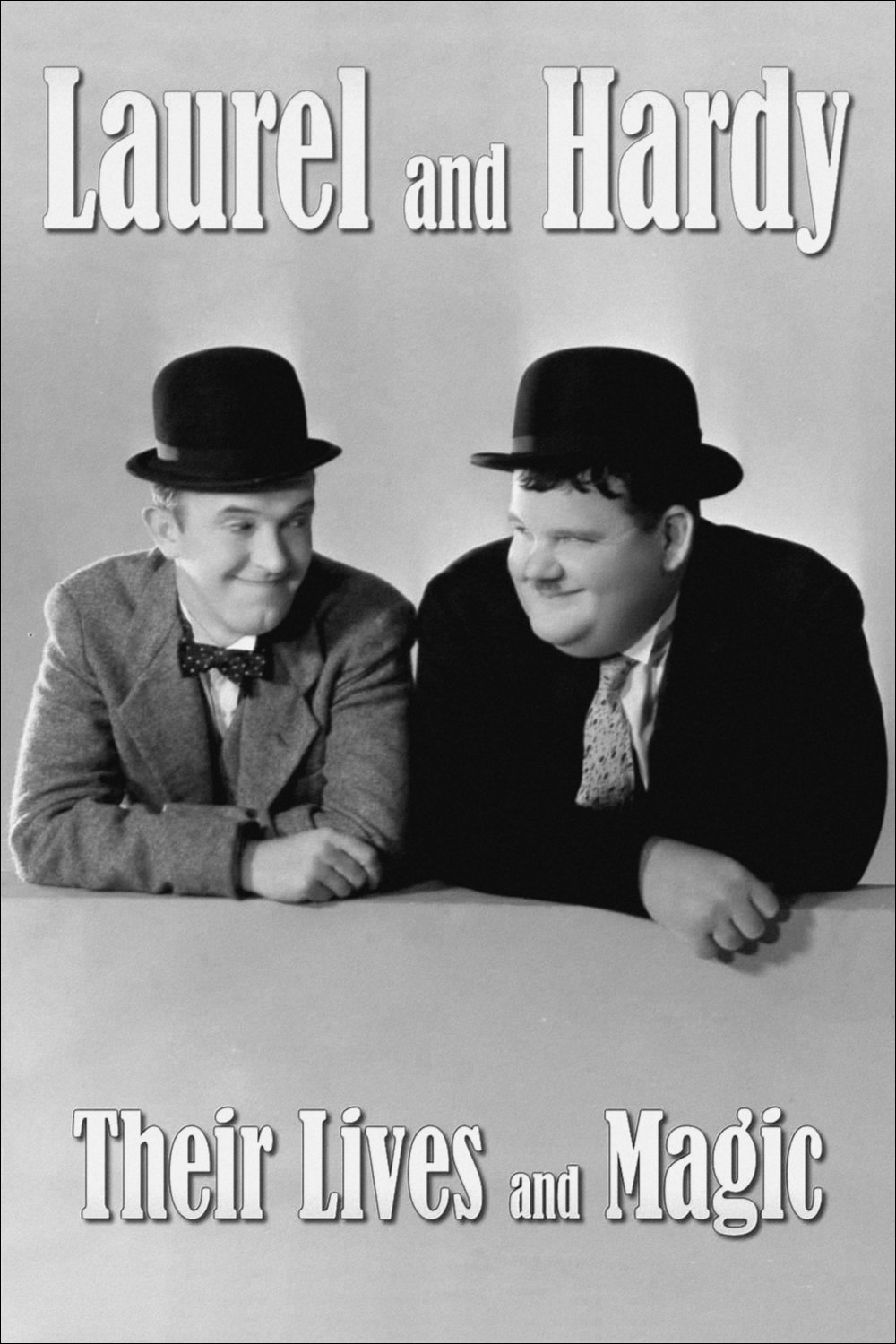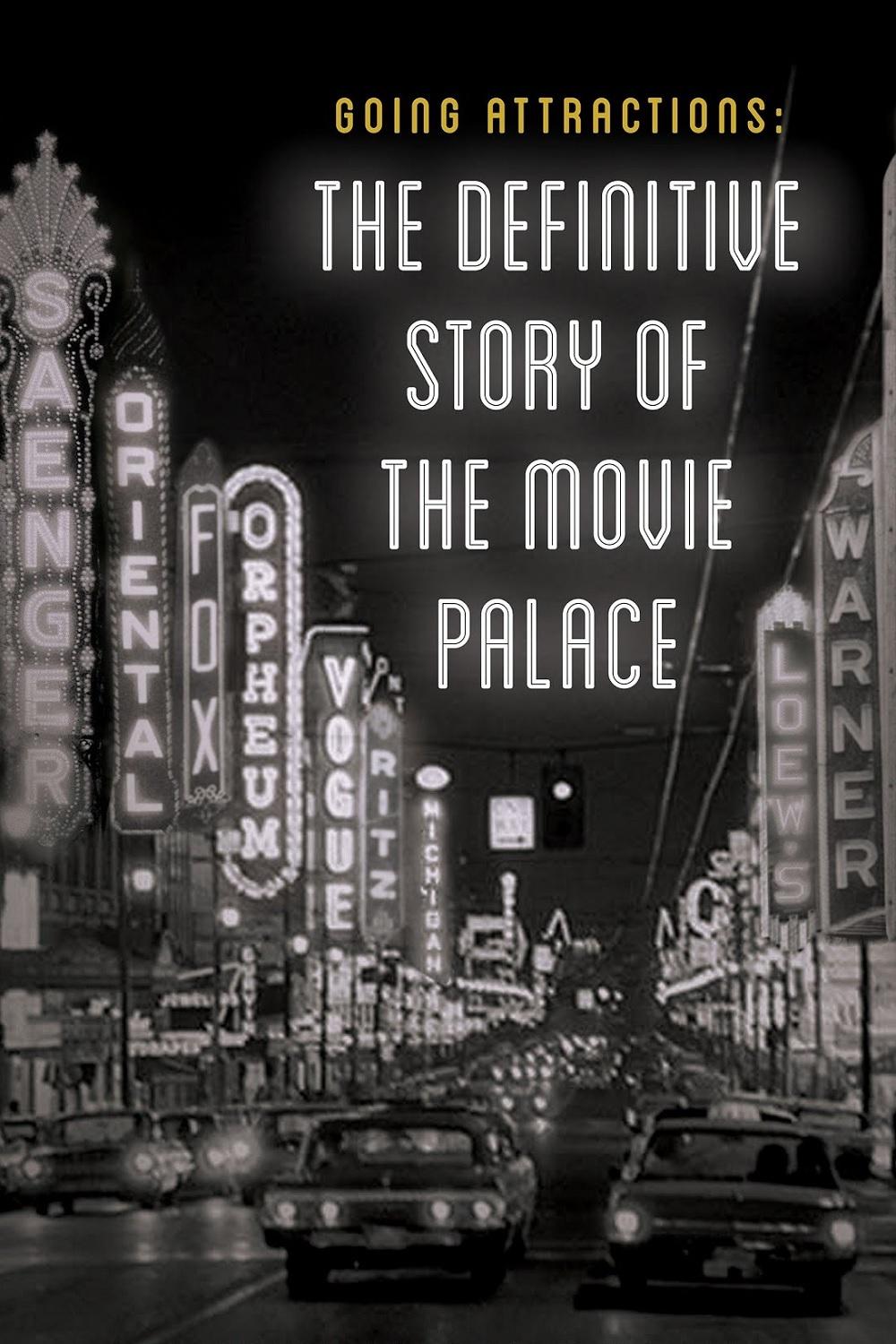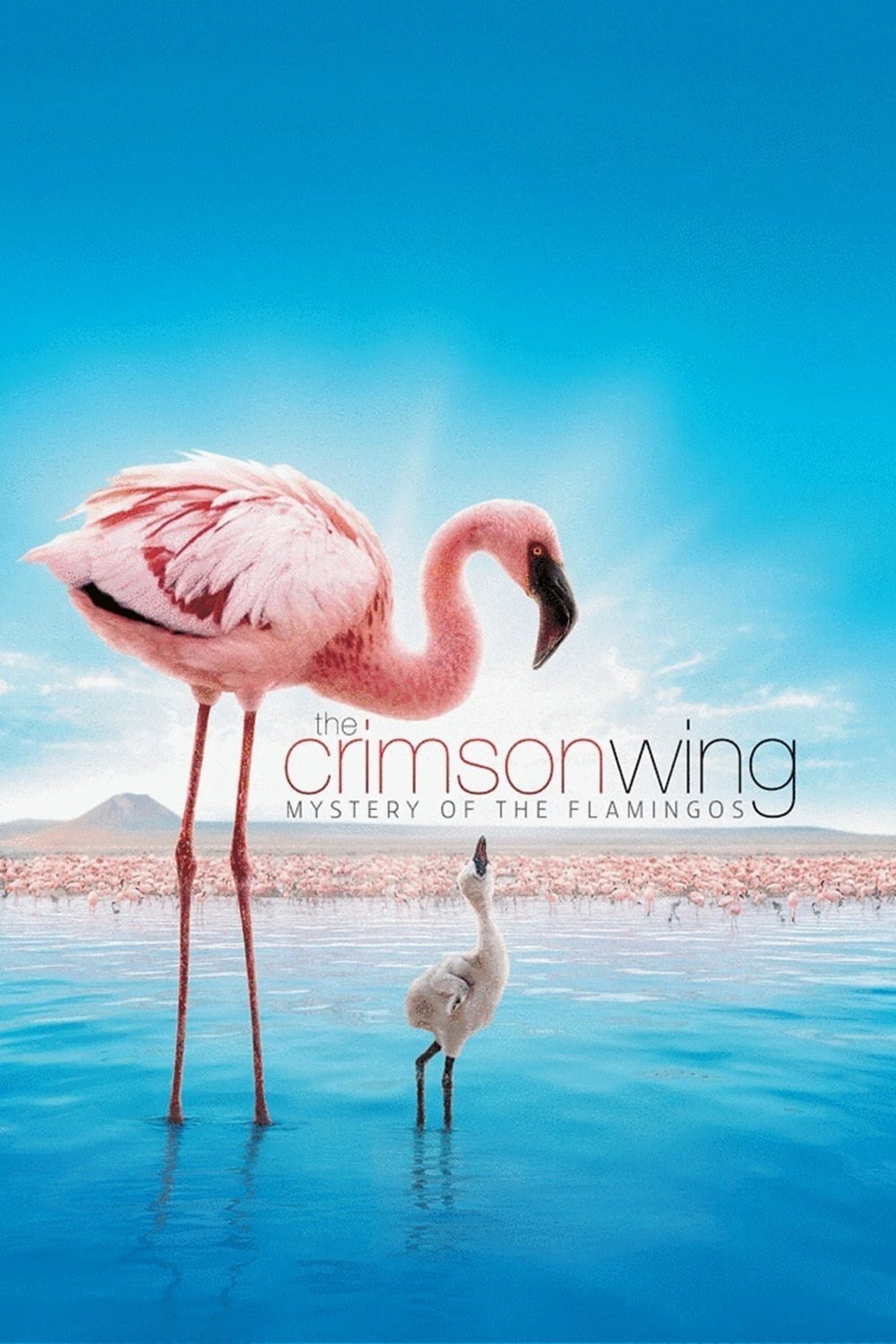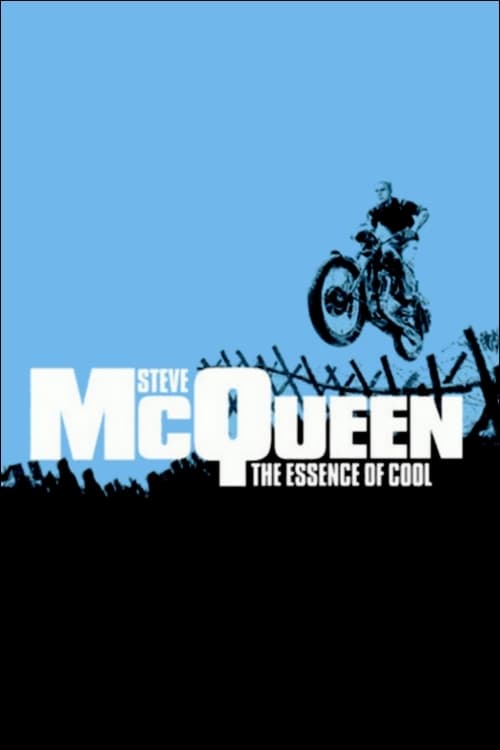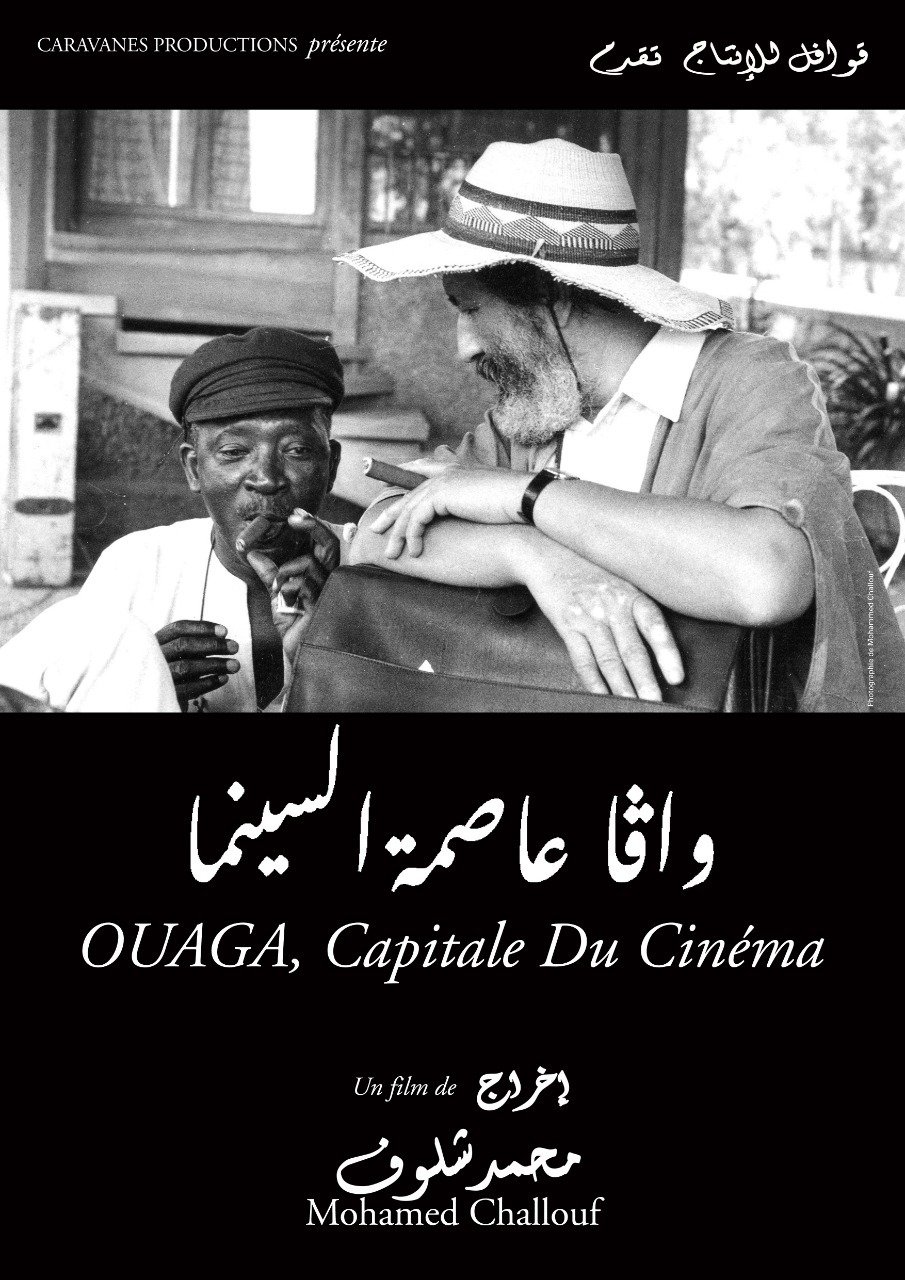
Ouaga, the Capital of Cinema (2000)
Released:
2000-04-29
Duration:
1hr 0min
Genres:
Documentary
Rating 0.0
Overview
Between 1983 and 1987, Ouagadougou, the capital of Burkina Faso and the home city of FESPACO, one of the most important Pan-African film festivals in the world, was the scene of an exciting cinema utopia. With the support of the young president Thomas Sankara, the festival became a symbol of the cultural renaissance of a whole continent. The assassination of Sankara stifled the hopes of millions of young Africans, but the dynamism of FESPACO and African cinema did not stop.
Production Companies
Caravanes Productions
Additional Info
| Budget | $0.00 |
|---|---|
| Revenue | $0.00 |
| Original Language | fr |
| Popularity | 0.0071 |
Directed By
Mohamed Challouf
Crew
Director
Mohamed Challouf
Mohamed Challouf
Director of Photography
Nara Keo Kosal
Nara Keo Kosal
Editor
Dario Cavalleri
Dario Cavalleri
Editor
Mirka Fanti
Mirka Fanti

